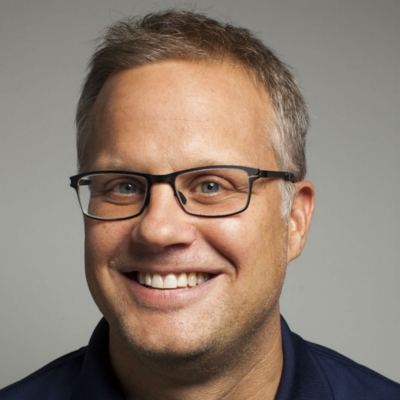Ad Age Video & Podcasts
Pernod Ricard North American CEO Ann Mukherjee on why the company is resuming social media spending

July 31, 2020 09:39 PM
Featured Stories
8 streaming and CTV predictions for the TV upfronts
Media buyers and sellers predict the most significant changes to the TV upfront brought on by streaming—and if this is the year streaming and linear reach investment parity.




